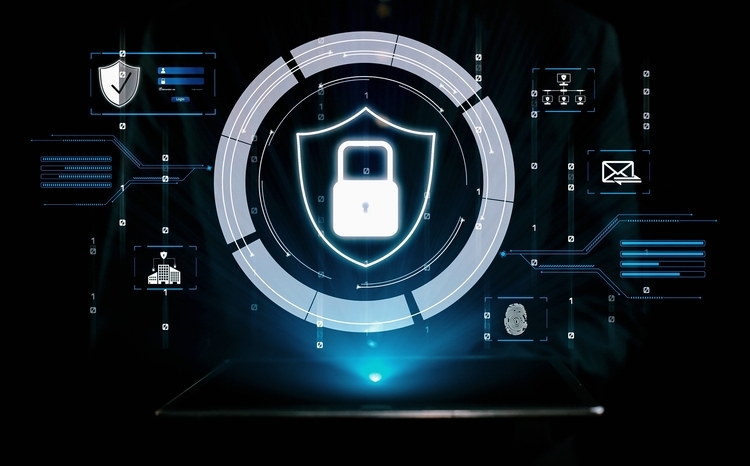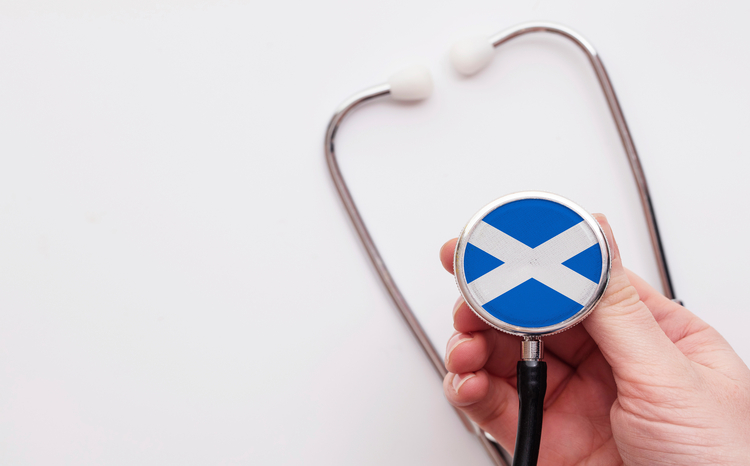GPs ‘must back info revolution’
- 31 October 2012

We need an information revolution in the medical profession, Roger Goss told a debate on patient access to electronic records.
Speaking at a debate hosted by In Practice Systems last week, the founder of Patient Concern said: “That patients should have access to their medical records whenever they want would seem a no brainer.”
He added that clinicians needed to change the way they think. “Without an attitudinal and a cultural revolution within the medical profession nothing will change.”
However, Toto Gronlund, interim head of patient and public partnerships at NHS Connecting for Health, said it wasn’t just GPs who needed to get on board.
“Patients can offer so much more to their own care by participation. The responsibility of information security and governance now also lies with the patient,” she said.
She added that patients and information were the two most underused resources in the NHS and that she was keen to “use these two resources to revolutionise the way we do care in the NHS.”
Online access to GP records by 2015 was one of the commitments in the Department of Health’s information strategy released earlier this year.
INPS said it held the debate to discuss the technological, practical and principled aspects of this policy.
Managing director Max Brighton said: “The question we were posing today is whether it is fundamentally a good idea to share information with patients, and what the benefits are?”
Panellists said they were worried key issues such as privacy and data protection have still not been clarified.
Policy officer at the Information Commissioner’s Office, David Evans, said data protection should be used as a framework and not a barrier to patient access.
“However, there is potential for abuse and we would like to see some sort of criminal liability to deter third parties who may be tempted to abuse an individual’s access for their own gain,” he said.
All practices will be expected to provide electronic booking and cancelling of appointments, ordering of repeat prescriptions, electronic communication with the practice and online access to their record to all patients.
Many GPs are still unconvinced of the benefits opening up records to patients will have. Half of all GPs in the country already have access to systems which can provide patients with electronic access to records, but fewer than 1% actually use it.
Brian Fisher from Patient Access to Electronic Records Systems (PAERS) said one of the main reasons why GPs aren’t embracing the idea is that “they’re scared patients will see third party data they shouldn’t see.”
Fisher said that redacting parts of a patient’s record would solve GPs worries. “It’s possible to engineer it so that the patient only has access to coded data so that there’s no free text and no letters.”
The ‘Power of Information’ strategy predicts that the expansion of electronic records will become a “main vehicle for providing information on health and care outcomes and status, rating our experience of care, and leaving feedback and comment."




